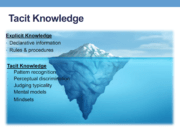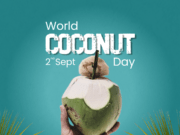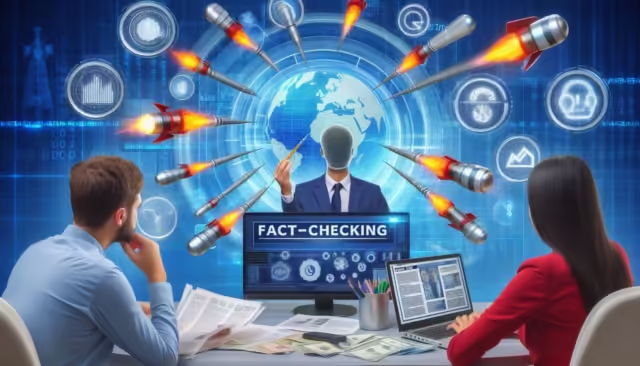Introduction
In the era of digital media, the spread of misinformation and fake news has become a pressing concern. Fact-checking, the process of verifying the accuracy of information, has emerged as a vital tool in combating this problem. This article explores the history, importance, trends, and future of fact-checking.

The Need of Fact-Checking
While fact-checking has been a part of journalism for centuries, its prominence has increased significantly in recent years due to the rise of social media and the rapid spread of false information online. Fake news, misinformation, and propaganda have the potential to sow confusion, manipulate public opinion, and undermine the credibility of the media. Fact-checking plays a pivotal role in holding individuals, organizations, and media outlets accountable for the accuracy of the information they disseminate, thus safeguarding the integrity of public discourse and democratic processes. The proliferation of fake news during the 2016 US presidential election highlighted the urgent need for reliable fact-checking.
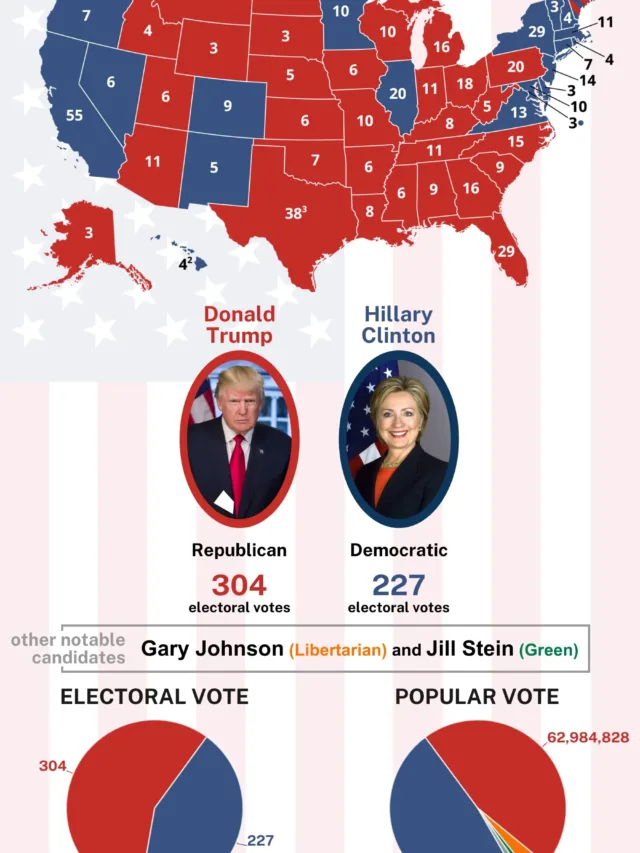
Fake News & Misinformation During 2016 Elections
The 2016 US Presidential Election was a significant event in the history of fake news. Here are some key points about fake news during that time:
Spread of Misinformation
Fake news stories and conspiracy theories spread rapidly on social media platforms, particularly Facebook and Twitter
Many fake news stories were designed to influence public opinion and sway voters
Examples of Fake News Stories
“Pope Francis Shocks World, Endorses Donald Trump for President” (false endorsement)
“Hillary Clinton’s Satanic Rituals Exposed” (baseless conspiracy theory)
“Trump’s Tax Plan Will Save You $5,000” (misleading and exaggerated claim)
Impact on the Election
A study by Stanford University found that fake news stories were shared by 126 million Facebook users
Another study by the University of Southern California found that fake news stories may have influenced the votes of 4-6% of the electorate
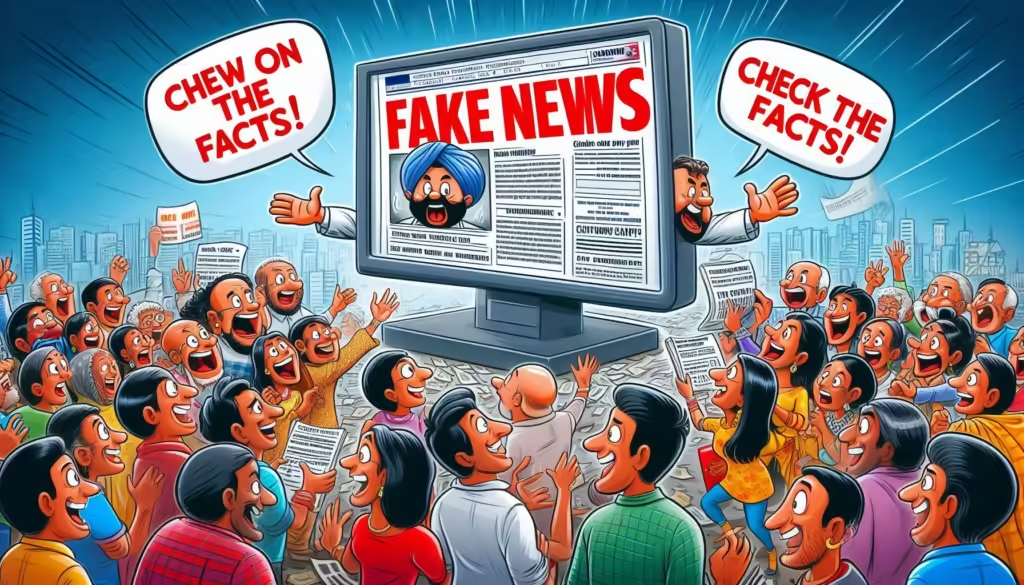
Key Players and Platforms
Russian trolls and bots amplified fake news stories on social media
Facebook and Twitter were criticized for not doing enough to stop the spread of fake news
WikiLeaks released hacked emails from the Democratic National Committee, which were used to create fake news stories
Consequences and Aftermath
The spread of fake news led to increased polarization and erosion of trust in institutions
Facebook and Twitter faced Congressional hearings and implemented new policies to combat fake news
The term “fake news” became a rallying cry for critics of mainstream media and fact-checking efforts
Lessons Learned
Social media platforms must take responsibility for stopping the spread of fake news
Fact-checking and media literacy are crucial in combating misinformation
Political campaigns and institutions must be transparent and truthful in their communications.
Other Case Studies of Fake News and Their Impacts
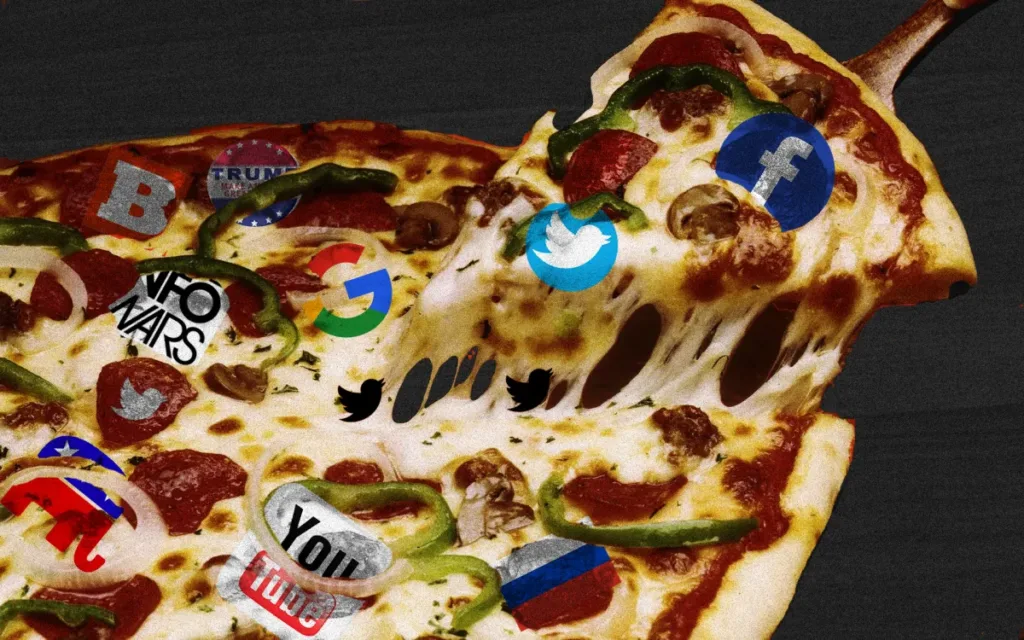
The Pizzagate Conspiracy: In 2016, a false conspiracy theory known as “Pizzagate” spread rapidly online, claiming that a pizza restaurant in Washington, D.C., was a child sex trafficking hub. This false information led to a man firing a gun inside the restaurant, highlighting the dangerous consequences of believing fake news.
The COVID-19 Misinformation Crisis: During the COVID-19 pandemic, a flood of misinformation related to the virus circulated online. False claims about the virus’s origins, treatments, and prevention measures led to confusion and distrust.
The Rohingya Crisis: In 2017, a wave of misinformation and disinformation was used to justify the persecution of the Rohingya people in Myanmar. False narratives were spread to demonize the Rohingya and justify the military crackdown.
Key Trends in Fact-Checking
Growing importance: Fact-checking is becoming increasingly important in today’s digital landscape, where misinformation and disinformation can spread rapidly.
Global efforts: There are now hundreds of independent fact-checking organizations around the world, working to verify the accuracy of claims made by public figures and institutions.
Use of technology: Technology is being used to aid fact-checking efforts, such as AI-powered tools to help identify false claims and automated fact-checking systems.
Increased focus on social media: Social media platforms are being held accountable for the spread of misinformation, and fact-checkers are working to identify and correct false information on these platforms.
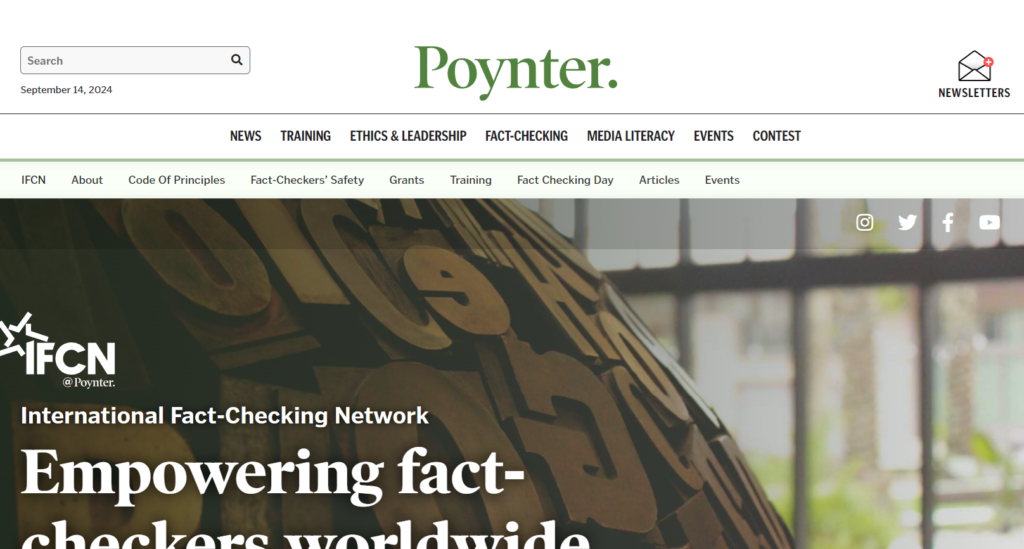
More emphasis on media literacy: There is a growing recognition of the need for media literacy programs to educate people on how to critically evaluate information and identify false claims.
Collaboration and networking: Fact-checkers are collaborating and networking with each other to share resources, expertise, and best practices.
Use of primary sources: Fact-checkers are emphasizing the importance of using primary sources to verify information, rather than relying on secondary sources.
Continued challenges: Fact-checkers continue to face challenges, such as the spread of misinformation, limited resources, and pushback from those who seek to spread false information.

Stakeholders in Fact-Checking
Journalists and Media Organizations: Fact-checking is an essential part of responsible journalism.
Government Agencies: Governments have a role to play in promoting fact-checking and combating misinformation.
Technology Companies: Social media platforms and search engines are increasingly investing in fact-checking tools and initiatives.
Civil Society Organizations: NGOs and other organizations are working to promote fact-checking and media literacy.

Renowned Fact-Checkers and Their Organizations
Here are some prominent fact-checking organizations and their notable members:
1. Snopes (United States)
Fact-checkers: Barbara and David Mikkelson
Known for: Debunking urban legends, viral misinformation, and political claims.
2. PolitiFact (United States)
Fact-checkers: Daniel Kreiss, Bill Adair, Angie Drobnic Holan, and others.
Known for: Fact-checking political claims and statements.
3. FactCheck.org (United States)
Fact-checkers: Brooks Jackson, Eugene Kiely, Tom Rosenstiel, and others.
Known for: Fact-checking political claims and statements.
4. AFP Fact Check (France)
Fact-checkers: A team of journalists and researchers.
Known for: Fact-checking claims related to current events, politics & social media.
5. Reuters Fact Check (United Kingdom)
Fact-checkers: A team of journalists and researchers.
Known for: Fact-checking claims related to current events, politics & social media.
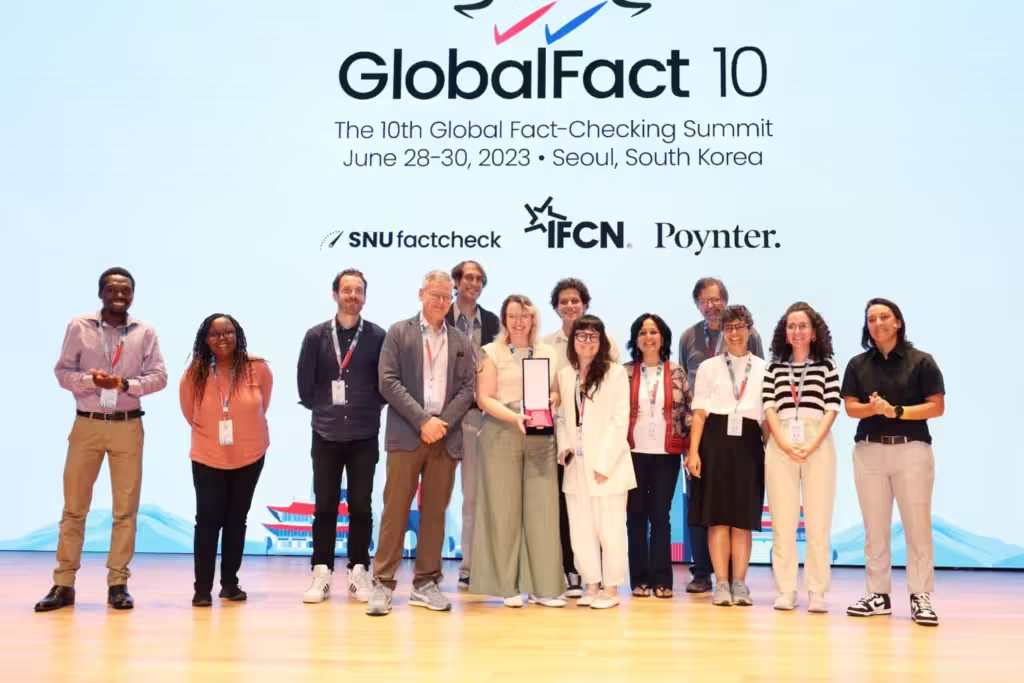
6. Full Fact (United Kingdom)
Fact-checkers: A team of journalists and researchers.
Known for: Fact-checking claims related to politics, public policy & current events.
7. Fact Checker (India)
Fact-checkers: A team of journalists and researchers.
Known for: Fact-checking claims related to Politics, social issues & current events.
8. Boomlive (India)
Fact-checkers: A team of journalists and researchers.
Known for: Fact-checking claims related to Politics, social media & current events.
9. Alt News (India)
Fact-checkers: A team of journalists and researchers.
Known for: Fact-checking claims related to politics, social media & current events.
10. Poynter (United States)
Fact-checkers: A team of journalists and researchers.
Known for: Training and supporting fact-checkers worldwide.
Fact-Checker Nominated for Nobel Peace Prize
In 2021, Maria Ressa, a Filipino journalist and co-founder of Rappler, a fact-checking website, was awarded the Nobel Peace Prize for her efforts to combat misinformation and defend press freedom. Her work in the Philippines has been instrumental in exposing corruption, government abuses, and the spread of fake news.
Fact-Checkers Exposing Fake News and Averted Crises

Snopes and the “Momo Challenge” Hoax
In 2018, a viral social media challenge known as the “Momo Challenge” sparked widespread panic. The challenge, which involved a disturbing character and dangerous tasks, was widely shared on social media platforms. Snopes, a leading fact-checking organization, quickly debunked the hoax, revealing that the “Momo” character was a combination of existing images and that the challenge had no connection to real-world harm. Snopes’ timely intervention helped to prevent unnecessary fear and anxiety.
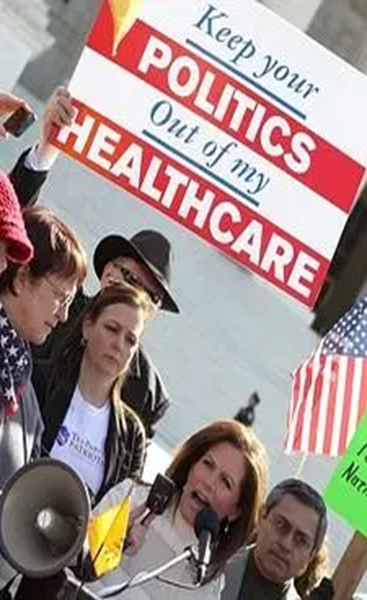
PolitiFact and the “Obamacare Death Panels” Myth
During the 2010 debate over the Affordable Care Act (ACA), a false rumor circulated that the healthcare reform law included “death panels” that would determine who would receive medical treatment. PolitiFact, a nonpartisan fact-checking organization, quickly debunked this myth, demonstrating that the ACA did not include any such provisions. PolitiFact’s fact-check helped to dispel the myth and prevent it from harming public support for the ACA.
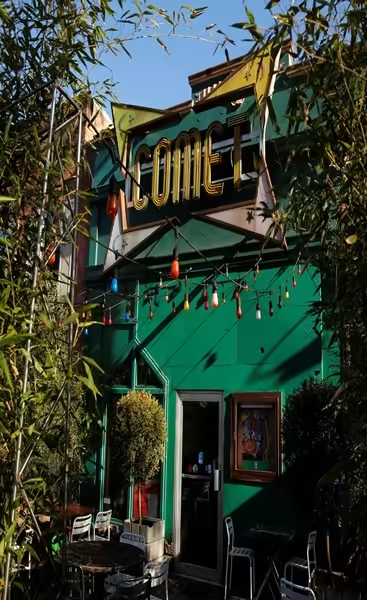
FactCheck.org and the “Pizzagate” Conspiracy
In 2016, a false conspiracy theory known as “Pizzagate” spread rapidly online, claiming that a pizza restaurant in Washington, D.C., was a child sex trafficking hub. FactCheck.org, a nonpartisan fact-checking organization, quickly debunked the conspiracy, revealing that it was based on fabricated evidence and had no basis in reality. FactCheck.org’s investigation helped to prevent further escalation of the conspiracy and potential violence.
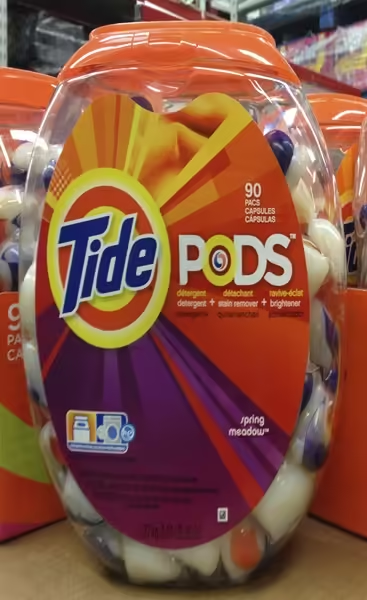
Reuters Fact Check and the “Tide Pod Challenge” Hoax
In 2018, a viral social media challenge known as the “Tide Pod Challenge” encouraged people to eat laundry detergent pods. Reuters Fact Check quickly debunked the hoax, warning of the serious health risks associated with eating Tide Pods. The fact-check helped to prevent people from participating in this dangerous challenge and potentially harming themselves.
These are just a few examples of how fact-checkers have played a crucial role in exposing fake news and preventing real-world harm. By debunking false information and providing accurate information, fact-checkers help to protect the public from being misled and make informed decisions.
The Road Ahead for Fact-Checking
As the digital landscape continues to evolve, the need for fact-checking will only become more important. Fact-checkers will need to adapt to new challenges, such as the rise of deepfakes and the increasing sophistication of misinformation campaigns.
In addition to technological advancements, it is essential to promote media literacy and critical thinking skills among the public. By understanding how to evaluate information and recognize the signs of misinformation, individuals can play an active role in combating the spread of false news.
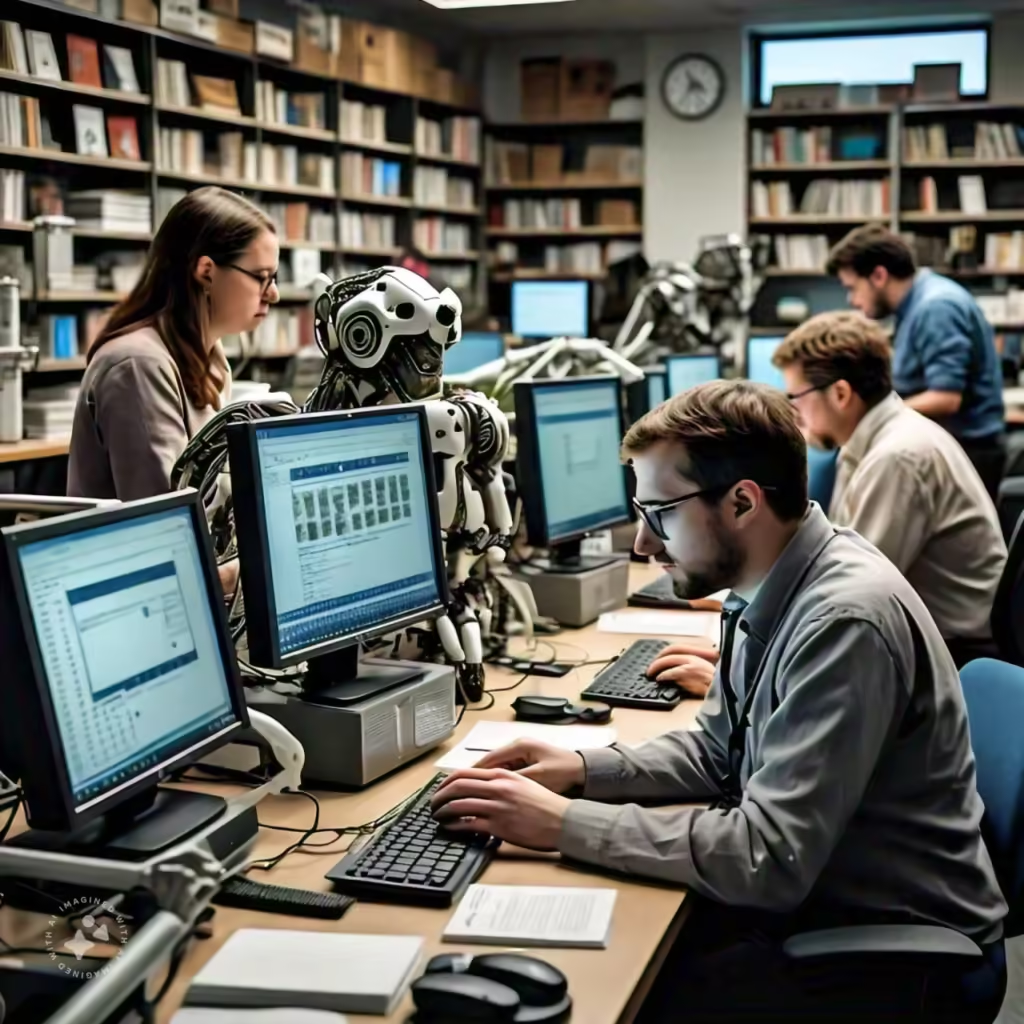
Conclusion
Fact-checking is a vital tool in the fight against misinformation. By verifying the accuracy of information and promoting media literacy, we can help to ensure that the public has access to reliable and trustworthy information. As the digital landscape continues to evolve, the role of fact-checking will become even more critical.















